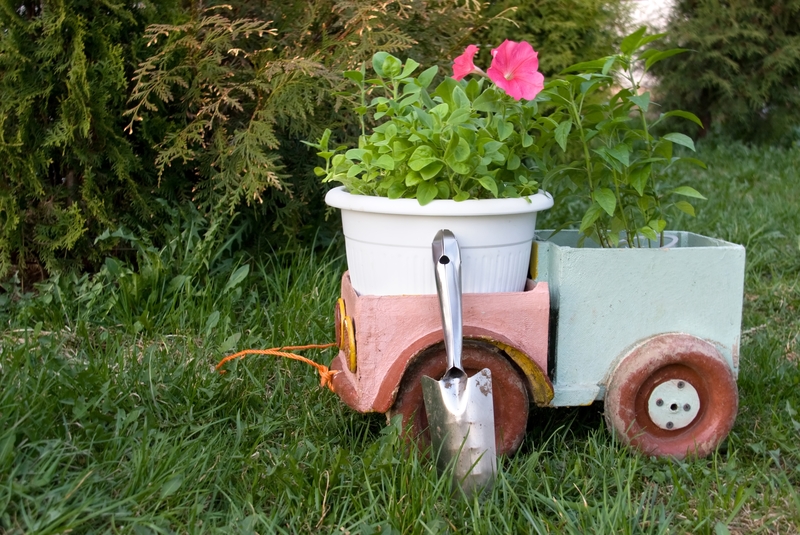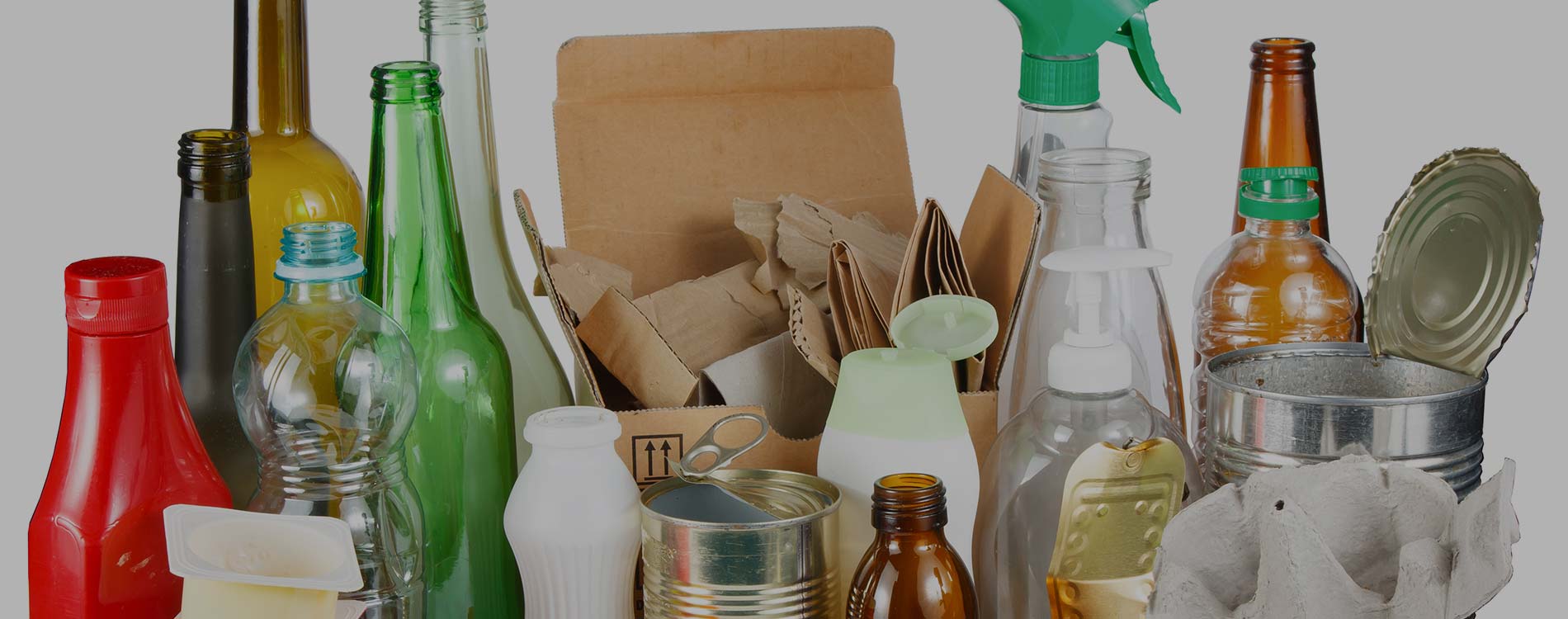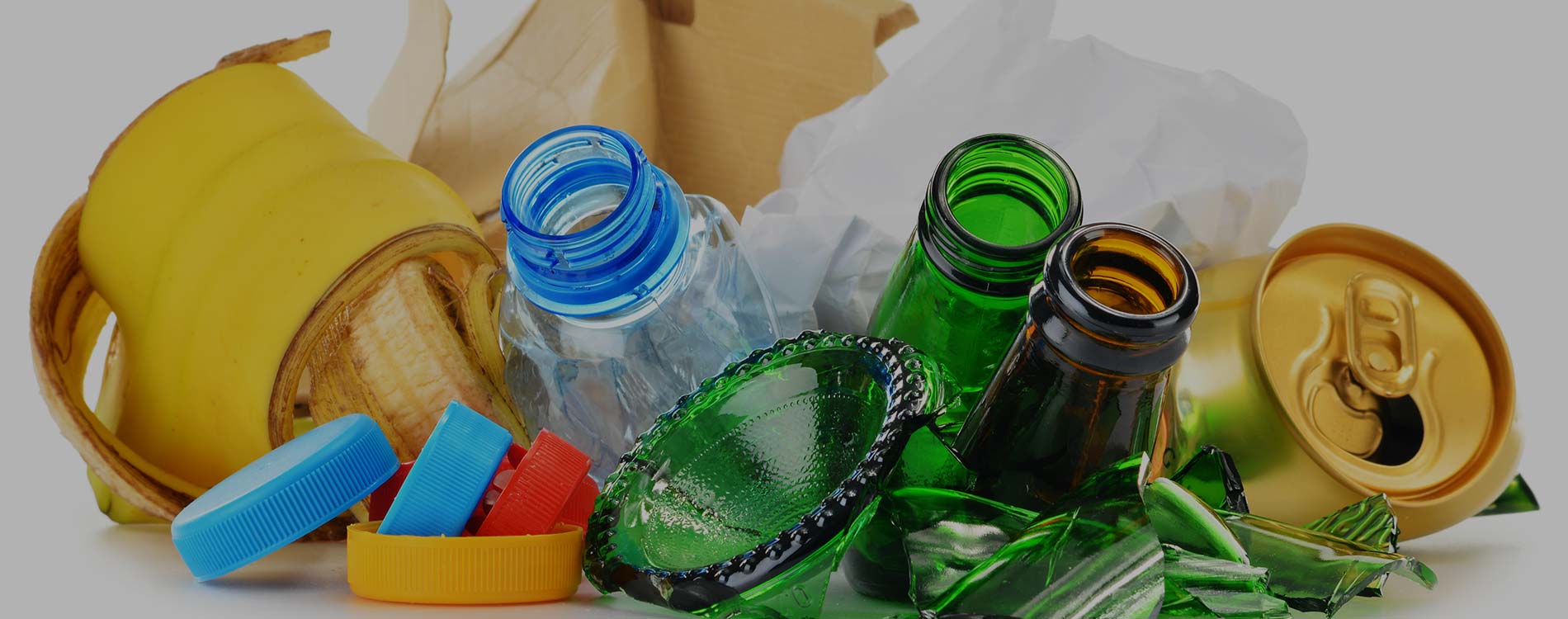Teaching Kids the Value of Recycling
Posted on 23/08/2025
Teaching Kids the Value of Recycling: Building a Greener Future
Recycling is an essential part of preserving our planet for future generations. When it comes to fostering environmentally responsible habits, there's no better place to start than with children. Teaching kids the value of recycling not only helps them understand the importance of waste management but also empowers them to make eco-friendly choices that create a lasting positive impact on the environment.

Why Educating Children About Recycling Matters
Children are our future leaders, and what they learn today shapes the world of tomorrow. Instilling the significance of recycling in children's lives helps them develop a sense of responsibility, resourcefulness, and environmental stewardship. Teaching children recycling basics at a young age lays the groundwork for a more sustainable and clean world.
Benefits of Teaching Kids Recycling Principles
- Encourages Sustainable Habits: When kids learn the significance of recycling, they're more likely to adopt eco-friendly practices throughout their lives.
- Reduces Environmental Impact: Kids can help reduce the amount of waste that ends up in landfills and oceans by sorting and recycling materials like plastic, paper, and glass.
- Promotes Creative Thinking: Learning about how to recycle and repurpose waste materials encourages innovation and creative problem-solving.
- Empowers Future Leaders: Kids who value recycling are more likely to inspire and guide others in their communities to take action for the environment.
How to Teach Kids the Value of Recycling
There's no one-size-fits-all approach to teaching children about the importance of recycling. However, the following strategies can help make the concept engaging and memorable:
1. Lead by Example
Children are natural imitators. When they see adults in their lives recycling consistently and enthusiastically, they internalize those behaviors. Make it a family routine to separate trash, rinse out containers, and deposit recyclables in designated bins. Explain why you're taking these actions so children connect your behaviors with positive results for the planet.
2. Make Recycling Fun and Interactive
Teaching youth about recycling should be as interactive as possible. Turn recycling and upcycling into games and crafts:
- Sorting Game: Challenge kids to sort various items into the correct recycling bins (paper, plastic, glass, etc.).
- Recycling Crafts: Use recyclables such as cardboard boxes, milk jugs, and plastic bottles to create art projects or useful household items.
- Recycling Scavenger Hunt: Send kids on a mission to find recyclable materials around the house or school, helping them recognize what can and cannot be recycled.
3. Use Age-Appropriate Resources
Narratives, cartoons, and books are powerful tools for conveying complex ideas to kids. Plenty of children's literature, online videos, and educational games explain the value of recycling in an age-appropriate manner. Check out your local library or educational websites for resources like:
- Recycle!: A Handbook for Kids by Gail Gibbons
- The Adventures of a Plastic Bottle by Alison Inches
- Interactive recycling games such as Recycle City (offered by the EPA)
4. Visit a Recycling Center or Landfill
Field trips are a highly effective way to bring lessons to life. Many local recycling centers and landfills offer guided tours where kids can see firsthand what happens to items after they leave our bins. These visits give children a clearer understanding of the recycling process and its real-world impact.
5. Incorporate Recycling Lessons in School Curriculum
Schools can integrate environmental education into various subjects, from science to social studies and art. Teachers can develop projects, classroom recycling programs, or "green teams" that drive ongoing participation and learning among students. Organizing a school-wide recycling competition is another excellent way to engage students in valuing recycling and teamwork.
Understanding the Recycling Process: What Happens After the Bin?
To build respect for recycling, children should learn what happens next. Explaining or showing the recycling process can strengthen the reasons to care:
- Collection: Recyclables are gathered from homes, schools, and businesses and transported to recycling facilities.
- Sorting: At the plant, items are separated into categories (plastics, metals, paper, etc.) using machines and people.
- Cleaning: Materials are cleaned to remove food, labels, and debris.
- Processing: Cleaned items are broken down into raw materials (like pellets or pulp).
- Manufacturing: Raw materials are used to create new products--such as paper, clothing, and playground equipment.
Understanding that recyclable materials get new lives helps reinforce the importance of sorting and recycling correctly.
Common Materials to Recycle and Their Impact
Knowing which commonly used items can be recycled--and their environmental benefit--makes the concept real for kids.
Paper
Papers such as newspaper, magazines, and cardboard are easy to recycle. For instance, recycling one ton of paper saves 17 trees, 7,000 gallons of water, and enough energy to power the average home for six months.
Plastics
Plastics are everywhere, and recycling them is crucial. Explain to kids that recycling plastic reduces pollution in landfills and oceans, helping wildlife and humans alike. Show children recycling symbols on plastic containers and teach them to identify what's recyclable in your community.
Glass
Glass can be recycled indefinitely without losing quality. Recycling glass containers conserves raw materials, saves energy, and decreases air pollution.
Metal
Metals like aluminum and steel are among the most valuable recyclable materials. For example, recycling a single aluminum can saves enough energy to run a television for three hours, making a powerful impression on young learners.
Overcoming Challenges in Teaching Recycling to Kids
While the advantages of teaching the importance of recycling to children are clear, some challenges need to be addressed:
- Lack of Clarity: Recycling rules vary between communities; what's recyclable in one area may not be in another. Clarify the specific rules for your household and use simple signage.
- Contamination: Mixing trash with recyclables makes the recycling process less effective. Teach kids the difference between clean and dirty recyclables and why it matters.
- Limited Access: Some areas do not have convenient recycling programs. If this applies to you, consider starting small--focus on materials you can donate, like clothing or electronics.
Creative Activities to Foster the Recycling Mindset in Kids
1. Upcycling Projects
Turn what would go into the trash into something useful! Teach children that upcycling--a form of creative recycling--breathes new life into old items. For instance:
- Transform jars or bottles into decorative vases or pencil holders
- Use cardboard to construct models, puzzles, or costumes
- Make bird feeders from milk cartons or plastic bottles
Such activities demonstrate the tangible benefits of recycling and resourcefulness.
2. Recycling Challenges and Competitions
Kids love a challenge! Organizing recycling contests at home or in schools can be a motivating way to reinforce lessons and even get the wider community involved.
3. Storytelling and Role-Playing
Young children especially enjoy stories and make-believe. Make up stories featuring recycling heroes or act out scenarios where "recycling detectives" look for things to save from landfill. This fosters a sense of adventure around recycling and keeps the learning light-hearted.
4. Garden Composting
Composting is another form of recycling--reusing food scraps to nourish the soil. Involve kids in composting fruit and vegetable peels, coffee grounds, and eggshells. Then, show them how the resulting compost helps plants grow. This lesson is a clear, practical example of "closing the loop."
The Role of Communities and Schools in Recycling Education
While parents play a key role in teaching kids to recycle, community organizations and schools are crucial in reinforcing these values. Encourage involvement in local "green teams," participate in community clean-up days, or volunteer in recycling awareness programs. Many schools now maintain recycling bins in cafeterias and classrooms, engage students in sorting, and even reward outstanding eco-friendly behavior.
School assemblies, workshops with environmental experts, and science fairs centered on recycling can spark curiosity and a deeper understanding of recycling's global impact.
Empowering Kids to Be Recycling Champions
Once children learn the significance of recycling, encourage them to share their knowledge. Kids can:
- Teach their friends and family about the benefits of recycling
- Act as recycling monitors at school or home
- Organize community recycling drives or clean-ups
Recognize and reward their efforts with praise, certificates, or small incentives to keep motivation high. Empowering young children to be recycling advocates multiplies the positive impact as knowledge spreads across communities.

Reinforcing the Importance of Recycling Through Everyday Actions
Finally, the most effective way to foster a culture of recycling among kids is to integrate recycling habits into daily life. Morning routines can include sorting breakfast packaging, after-school activities might involve upcycling, and grocery shopping trips can be lessons in choosing recyclable or reusable options. The small choices children make every day add up, creating a lifetime of sustainable behaviors.
Conclusion: Shaping Environmentally Responsible Citizens
Teaching kids the value of recycling is more than just a household chore--it's a vital investment in our planet's future. By combining education, creativity, and community involvement, we ensure that children grow up with an appreciation for recycling, an understanding of its impact, and a sense of agency to make a difference. Empower your kids today and watch them become the recycling champions of tomorrow, helping build a cleaner, greener, and more sustainable world for everyone.
Latest Posts
Discovering How Waste Has Been Managed Over the Ages
Transforming Plant Pot Disposal into an Eco-Friendly Practice
Community initiatives for recycling obsolete chargers
A Guide to Implementing Recycling in Educational Institutions

 020 3744 2205
020 3744 2205








